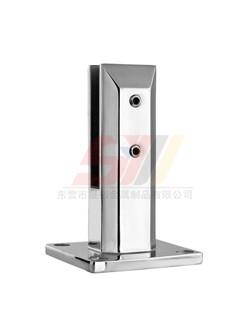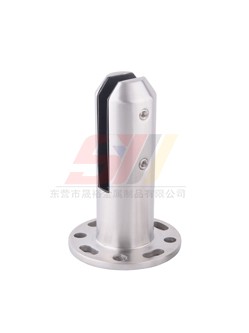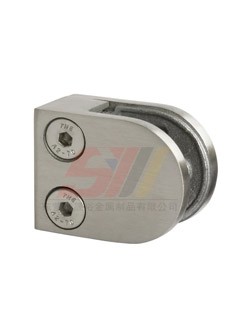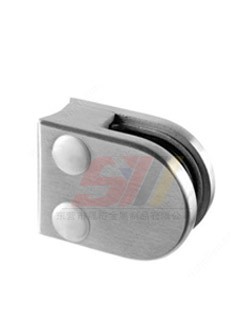Investment Casting?Services
News Details
What Is Machining Process
-
Clients:
-
Category:
News
-
Date:
2023-8-24 13:18:00
What Is Machining Process
Simply put, machining is the use of mechanical equipment to process, cut, and process the shape of the workpiece. During the whole production process, the shape, size, relative position, and performance of the blank are processed according to the pattern and size on the drawing, that is, processed by mechanical methods.
Mechanical processing is mainly manual and numerical control processing. Machinists manually operate milling machines, lathes, drilling machines, sawing machines, and other mechanical equipment to process various materials. Suitable for manual processing, with small batch size and simple process.
The CNC machining center is a machine tool that is processed by a manipulator using CNC equipment. It consists of a machining center, turning and milling, running water-cutting equipment, and running water-cutting machine tools. Numerical control technology has been widely used in many processing sites. The Cartesian coordinate system is used to convert the position coordinates of the processed parts into a programming language through programming, and the CNC controller is used to control the spindle of the CNC machine tool to automatically extract the required processed parts. The continuity of CNC machining is suitable for processing a large number of parts with complex shapes.
During the production process, the shape, size, location, and nature of the product will change, that is, finished or semi-finished products. The main body of the manufacturing process.
Production processes, such as casting, forging, stamping, welding, machining, assembly, etc., are usually the general term for machining and parts assembly, and other processes are called auxiliary processes, such as transportation, storage, power supply, and equipment maintenance.
Industrial development is an important part of China's economic development, but the development of small and medium-sized machinery processing enterprises has been slow. At present, there are still many factors that affect processing safety. What are the factors?
1. Human factors
Since China's small and medium-sized mechanical processing enterprises have not yet realized fully automated production, labor is still the main force involved in mechanical processing. Therefore, the production process has high requirements for the operating skills, experience, and familiarity of the processing equipment of the operators. Therefore, in the process of processing, it is necessary to carry out relevant training for operators, improve the professional quality of operators, popularize production safety education, and improve production safety.
2. Environmental factors
The processing safety of Chinese machine tool processing plants is mainly affected by environmental factors, and many factors such as light, temperature, humidity, and noise will affect processing safety.
The machining environment is harsh, and it is not suitable for employees to work in this environment for a long time. Working in this environment for a long time will seriously affect the health of employees. At the same time, the environment not only affects the health of employees but also affects the performance of processing equipment. As long as the acceptable limit is reached, safety accidents are prone to occur.
The lighting equipment in the machine repair shop must be reasonably designed and arranged, and the lighting must be scientific and reasonable, otherwise, it will affect the normal work of the employees and be prone to safety accidents.
3. Processing technology
During the process, if the relevant parameter settings are unreasonable, the fixture placement is unreasonable, and the storage location is unreasonable, it will seriously affect the safe production of the process.
4. Operating specifications
For some large-scale mechanical processing factories, generally, there are relatively mature mechanical processing operating procedures. After entering the factory, the workers have a certain understanding of the operating procedures before processing. Whether it is processed in accordance with relevant operating procedures should also be considered frequently to avoid potential safety hazards in the processing process. It is very different from the operating procedures formulated by current processing enterprises. There is no unified operating procedure, which also affects the development of processing enterprises to a certain extent.
 Shengyu
Shengyu



